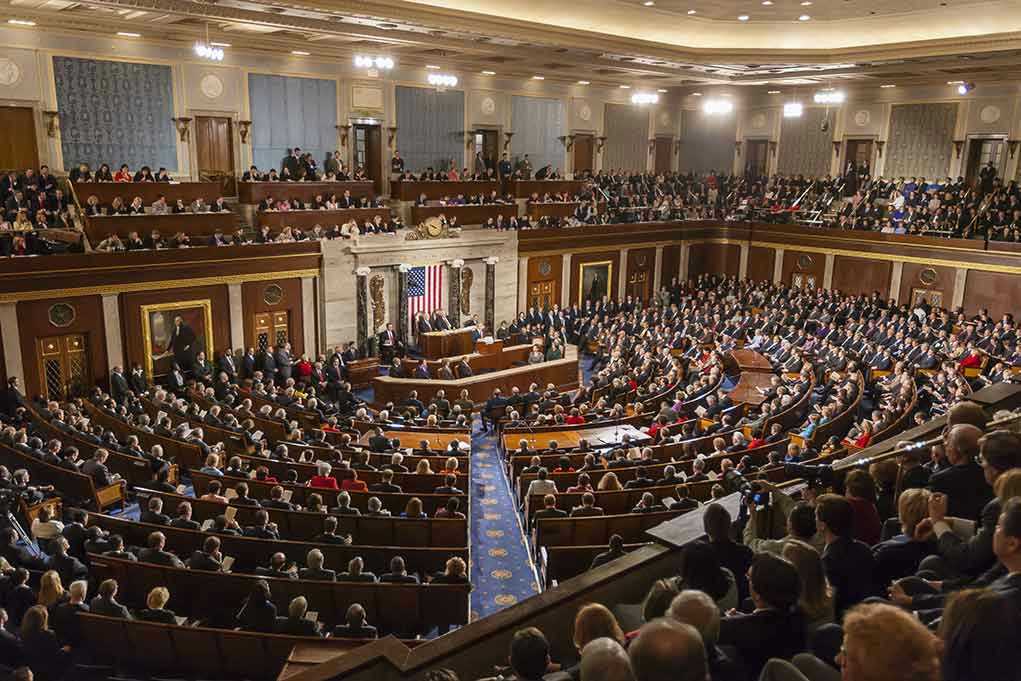
In a nation where disaster preparedness too often takes a backseat to endless pet projects and bloated spending, the July 2025 Kerrville, Texas flood stands as a gut-wrenching testament to what happens when government priorities go off the rails—and families pay the ultimate price.
At a Glance
- Flash flooding in Kerrville, Texas, on July 4, 2025, caused the Guadalupe River to rise 27 feet in under an hour, overwhelming Blue Oak RV Park.
- Entire families, including the Burgess family of Liberty, Texas, were swept away as warning systems and evacuation efforts failed to keep pace with the disaster.
- At least 82 people statewide are confirmed dead, with dozens still missing and communities shattered by loss and displacement.
- Calls for improved warning infrastructure and disaster preparedness are clashing with the reality of neglected funding and misplaced government focus.
A Flood of Tragedy—And a Flood of Questions
The Texas Hill Country, with its postcard-perfect rivers and small-town charm, has always been prone to flash floods. But what unfolded in Kerrville over the July 4th weekend was on a scale no living resident could recall. In the dead of night, more than six inches of rain triggered the Guadalupe River to rise by a staggering 27 feet at the Blue Oak RV Park in less than an hour. With the park packed full of families celebrating the holiday, the “unthinkable” became a gruesome reality.
Witnesses described a scene of pure chaos as the river swelled and engulfed everything in its path. The Burgess family, visiting from Liberty, Texas, became the face of the tragedy after a desperate father clung to his children, refusing to let go even as the water swept them all away. Their story, echoed across national headlines, crystallizes the catastrophic human cost of a disaster that outran both nature and bureaucracy.
Warnings Came Too Late—And Government Promises Ring Hollow
Flash flood warnings from AccuWeather and the National Weather Service were issued in the early hours of July 4th, but with the river rising at breakneck speed, the warnings felt more like cruel taunts than life-saving alerts. Many residents at Blue Oak RV Park had nowhere to turn. Emergency services, already stretched thin and hampered by failed river gauges, were left scrambling to save lives as the water tore through RVs and summer camps alike.
Texas Governor Greg Abbott declared a state of disaster and praised the valiant search and rescue crews. But for survivors and grieving families, proclamations and photo ops offer little comfort. Lorena Guillen, the owner of Blue Oak RV Park and an eyewitness to the devastation, pleaded for real investment in warning systems—sirens, sensors, and infrastructure that could have bought precious seconds for families like the Burgesses. Instead, the reality is that funding for such essentials has been repeatedly lost in the political shuffle, siphoned off for everything but protecting taxpaying citizens.
The Price of Misplaced Priorities—And the Real Cost to American Families
As bodies are recovered and the community mourns, it’s impossible to ignore the broader context. Texas, like much of the country, has watched billions funneled into border policies, “woke” initiatives, and handouts for illegal immigrants, while basic disaster preparedness is left wanting. Families who pay their taxes, raise their kids, and contribute to their communities are forced to play Russian roulette with their own safety every time the skies open up. The government finds endless resources for the latest social engineering experiment but can’t seem to fund reliable flood alarms in a region known for deadly flash floods.
Local officials and business owners aren’t demanding miracles. They want common sense: sirens that work, real-time monitoring, and the kind of infrastructure that used to be considered standard in a nation that once prided itself on competence. Instead, communities are left to grieve, rebuild, and wonder how many more families must be sacrificed on the altar of government overreach and misplaced priorities before anything changes.
A Community’s Resilience Amid Bureaucratic Failure
As the Guadalupe River recedes, the scars left behind are both physical and emotional. RVs are twisted heaps of metal, summer camps are eerily silent, and the survivors face weeks—if not months—of displacement, trauma, and uncertainty. The death toll continues to rise, and the search for the missing goes on, but so does the conversation about what could have been prevented with a fraction of the resources routinely squandered elsewhere.
Disaster declarations have triggered state and federal aid, and perhaps some lessons will finally be learned. But for now, the families of Kerrville and the surrounding Hill Country are left to pick up the pieces, carry each other forward, and pray that the next time disaster strikes, the government will remember its first duty: to protect its own people first, last, and always.











